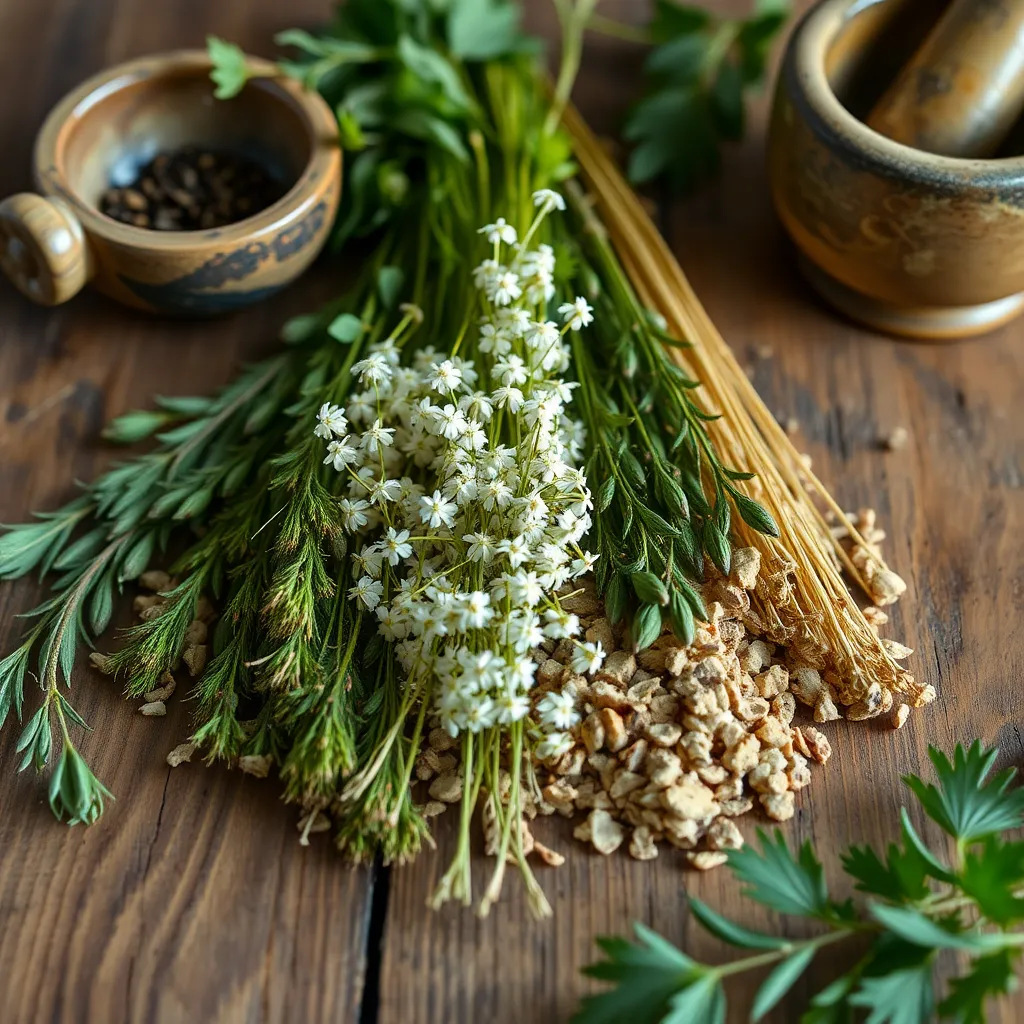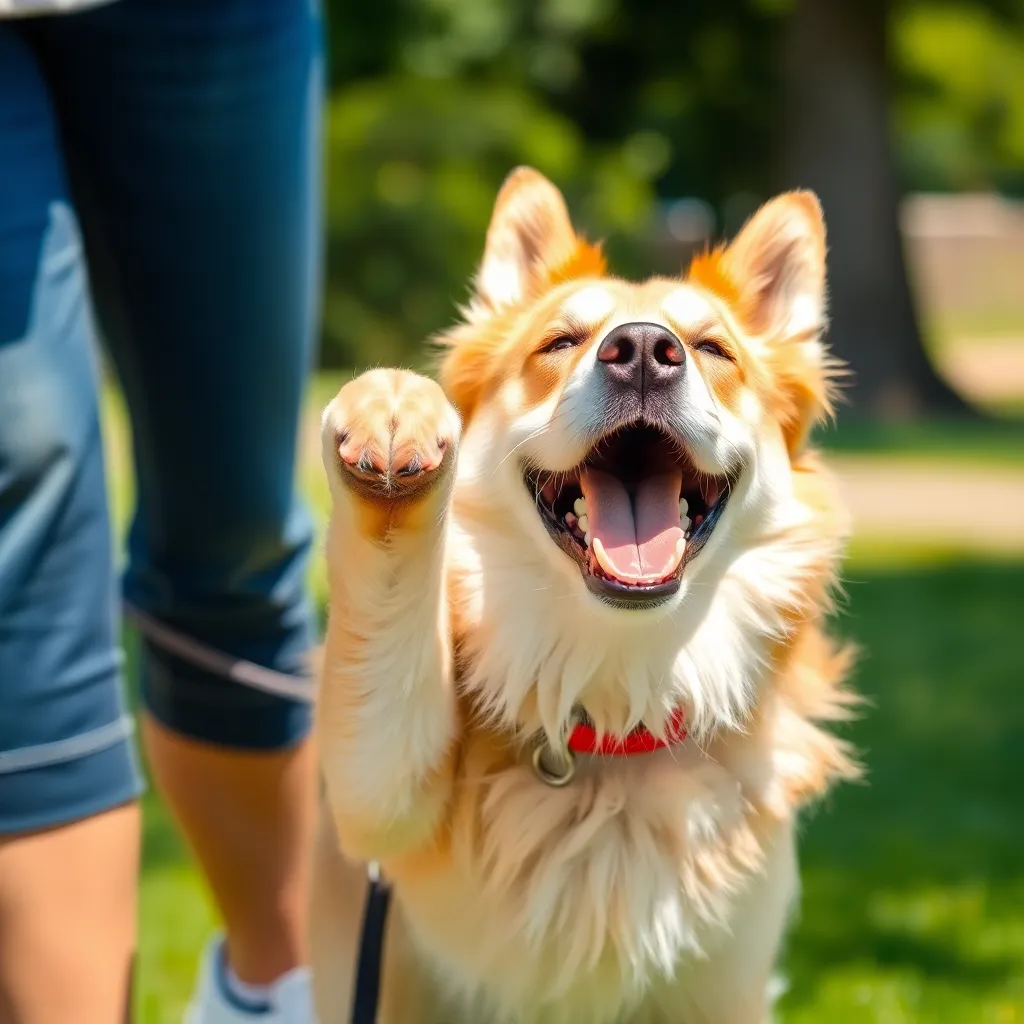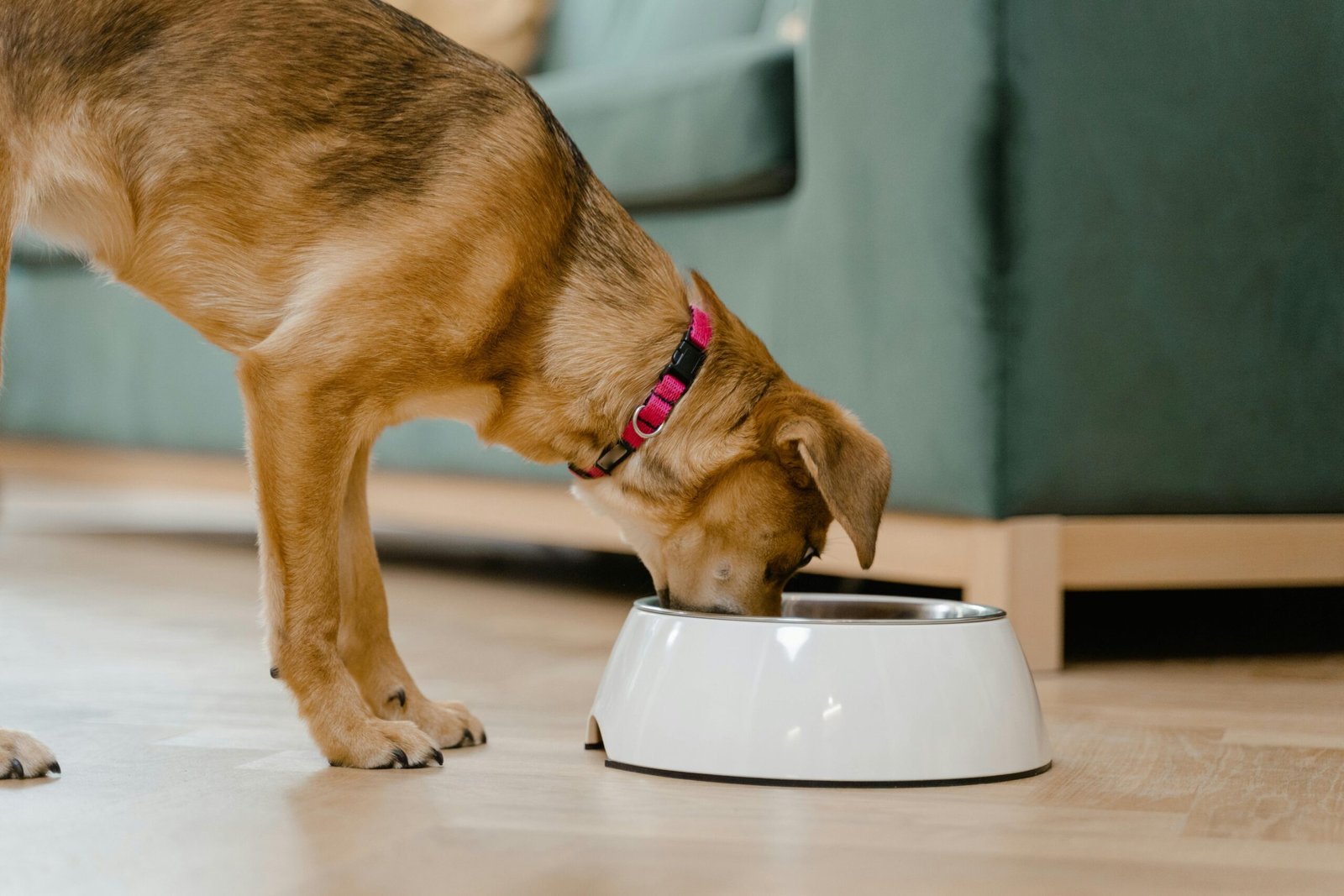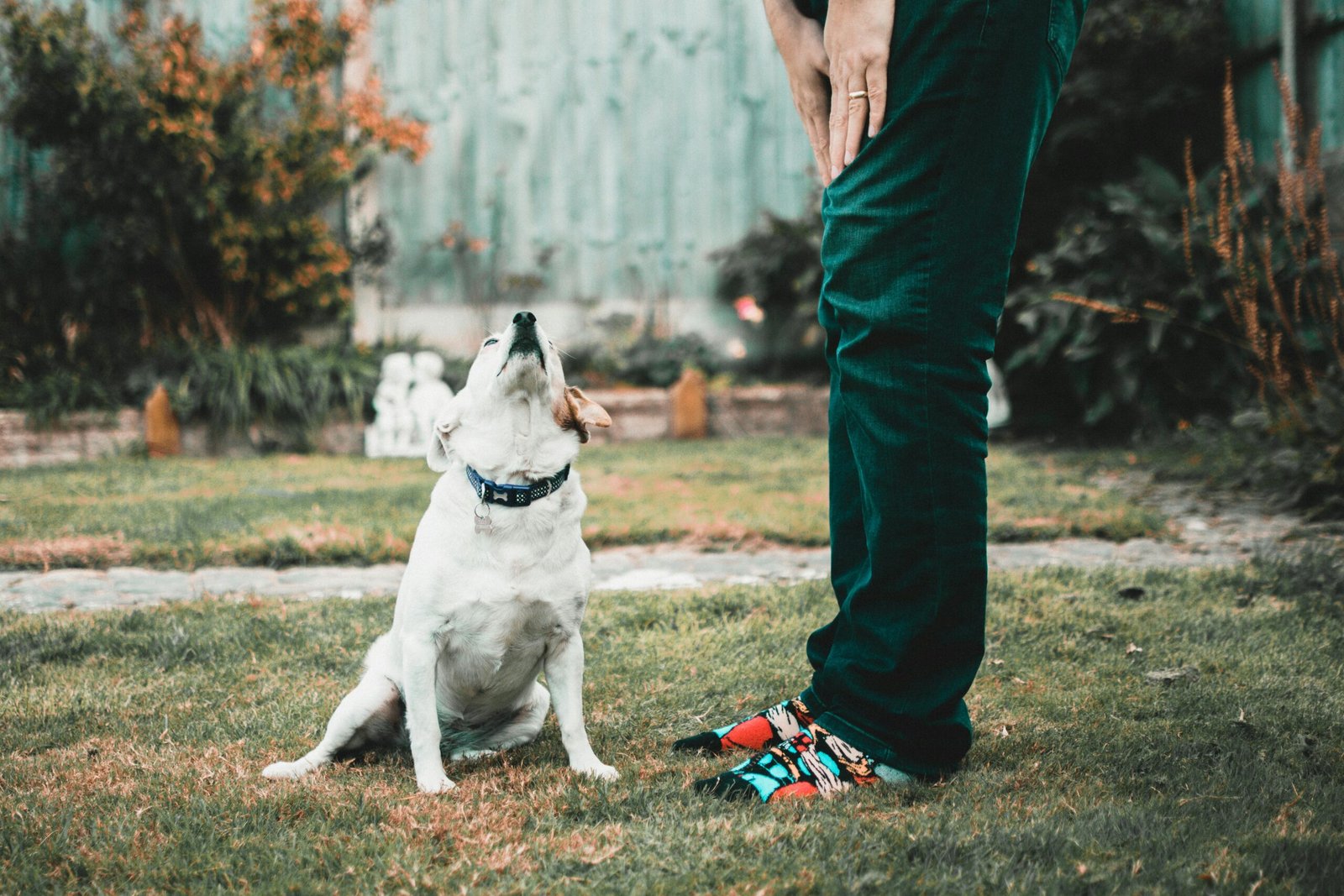Are you a responsible pet owner looking for natural ways to care for your canine companion? A well-stocked herbal first aid kit can be a valuable asset in addressing minor injuries and ailments, offering a gentler approach than conventional medications. This comprehensive guide outlines essential herbs and their uses, empowering you to provide effective and holistic care for your furry friend. Remember, this information is for educational purposes only, and for serious injuries or illnesses, always consult your veterinarian.

Keywords: Herbal remedies for dogs, natural dog first aid, dog herbal first aid kit, essential oils for dogs, homeopathic remedies for dogs, dog wound care, natural dog health, herbal dog treatment, dog allergies natural remedies, canine first aid, pet herbal remedies
Essential Herbs for Your Canine First Aid Kit
This kit focuses on common ailments and minor injuries. Always test a small area of your dog’s skin first for any allergic reactions before applying any herbal remedy liberally.
1. Calendula: A powerful anti-inflammatory and antiseptic. Calendula ointment or infused oil is excellent for treating minor wounds, cuts, scrapes, and burns. It promotes healing and reduces inflammation.
2. Chamomile: Known for its soothing and calming properties, chamomile tea (cooled) can be applied to minor skin irritations, hot spots, or insect bites to reduce inflammation and itching. Internally, it can help with digestive upset (always consult your vet first).
3. Plantain: This common weed is a surprisingly effective wound healer. The leaves can be crushed and applied directly to minor wounds to stop bleeding, reduce inflammation, and promote healing. It’s antibacterial and anti-inflammatory.
4. Comfrey: Comfrey root is rich in allantoin, a compound that promotes cell regeneration. It’s useful for sprains, strains, and other soft tissue injuries. However, use comfrey externally only, and avoid ingestion as it contains potentially harmful compounds. Always dilute it in a carrier oil before application.
5. Yarrow: Yarrow is a potent styptic, meaning it helps stop bleeding. It’s useful for minor cuts and wounds. It also possesses anti-inflammatory and antiseptic properties.

6. Echinacea: This immune-boosting herb can help support your dog’s immune system during illness. Always consult your vet before using echinacea, especially if your dog is on other medications.
7. Aloe Vera: Soothes burns and minor skin irritations. Apply the gel directly to the affected area.
Creating Your Herbal First Aid Kit:
Gather small, airtight containers to store your dried herbs and oils. Label each container clearly. You can purchase pre-made herbal ointments or create your own by infusing oils with dried herbs. Remember to store your kit in a cool, dry place away from direct sunlight.
Important Considerations:
- Consult your veterinarian: Before using any herbal remedy, especially for serious injuries or illnesses, consult your veterinarian. They can assess your dog’s condition and advise on the appropriate course of action.
- Allergic reactions: Always perform a patch test on a small area of your dog’s skin before applying any herbal remedy liberally. Watch for any signs of allergic reaction, such as redness, swelling, or itching.
- Dosage: The appropriate dosage of herbal remedies for dogs varies depending on the herb, the dog’s size, and the condition being treated. Consult a veterinary herbalist or a holistic veterinarian for guidance.
- Quality of herbs: Use high-quality, organically grown herbs whenever possible to ensure purity and potency.
- Storage: Store your herbal remedies in a cool, dark, and dry place to maintain their effectiveness.

Buy the products shown in this post by visiting this link: https://amzn.to/3Vj3OPx
FAQ
Q: Are herbal remedies safe for dogs?
A: Generally, herbal remedies are considered safe for dogs when used correctly and under veterinary supervision. However, some herbs can be toxic, and certain interactions with other medications are possible. Always consult your veterinarian before using any herbal remedy, especially if your dog has pre-existing health conditions or is taking other medications.
Q: Where can I purchase herbs for my dog’s first aid kit?
A: You can purchase high-quality herbs from reputable online retailers, health food stores, or herbal apothecaries. Ensure you source herbs specifically intended for pet use.
Q: How do I make herbal ointments or oils?
A: Numerous online resources and books detail the process of creating herbal ointments and oils. However, it requires specific knowledge and techniques to ensure safety and effectiveness. Consider taking a course or consulting with an experienced herbalist if you wish to make your own.
Q: What should I do if my dog has a serious injury?
A: For serious injuries or illnesses, always seek immediate veterinary care. Do not attempt to treat serious conditions with herbal remedies alone.
Q: Can I use human herbal remedies on my dog?
A: No, you should not use human herbal remedies on your dog without consulting your veterinarian. The dosage and formulation may be inappropriate for canines, and some herbs that are safe for humans can be toxic to dogs.
This article provides general information and should not be considered a substitute for professional veterinary advice. Always consult your veterinarian before using herbal remedies on your dog, especially for serious injuries or illnesses.
Share this content:






